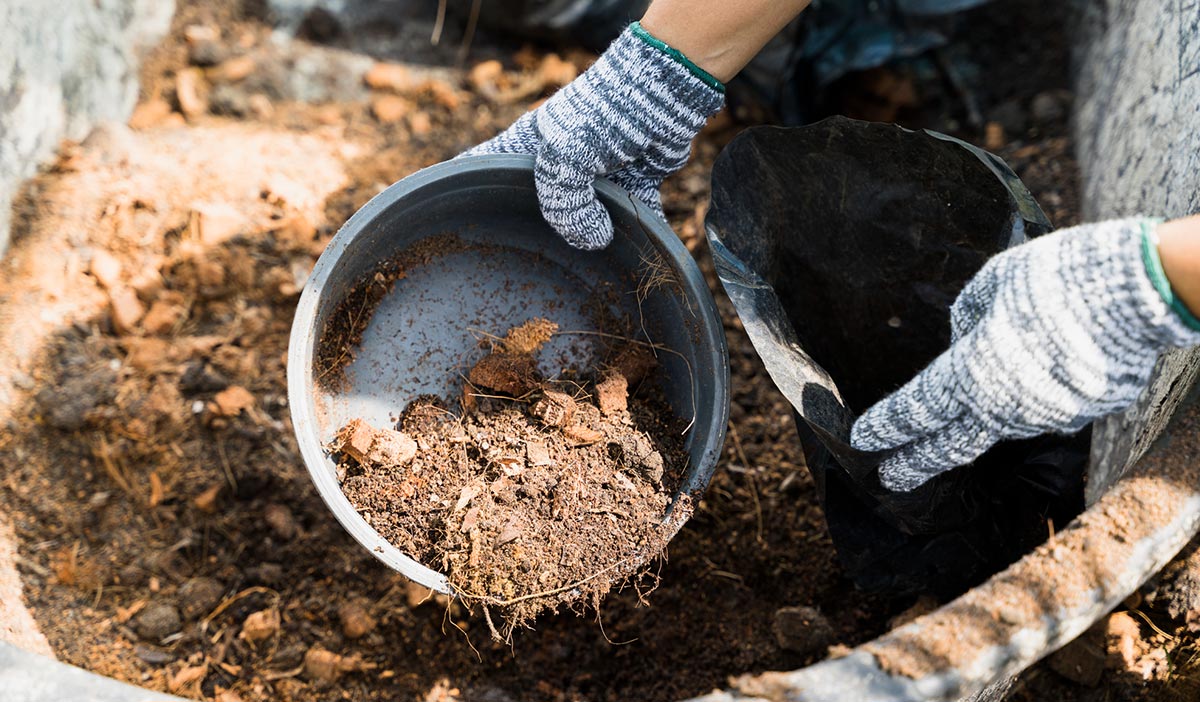Unlocking the Benefits: Exploring the Versatile Uses of Coco Peat Blocks
In the ever-evolving world of agriculture and horticulture, innovation is key to nurturing healthy crops and vibrant landscapes. One such innovation that has been gaining traction is the use of coco peat blocks. These unassuming blocks, derived from the humble coconut, have emerged as a game-changer in the realm of growing mediums. In this article, we will delve into the versatile uses of coco peat blocks and how they are transforming the way we cultivate plants.
The Eco-Friendly Foundation
Coco peat, also known as coir pith, is a byproduct of coconut processing. With sustainability at the forefront of agricultural practices, coco peat blocks have gained popularity due to their eco-friendly nature. Unlike traditional peat moss, which is sourced from non-renewable peat bogs, coco peat is a renewable resource, making it an environmentally responsible choice for growers.
Hydroponics and Soilless Cultivation
One of the remarkable features of coco peat blocks is their suitability for hydroponic and soilless cultivation. These blocks offer excellent water retention while allowing for optimal aeration, creating an ideal environment for root development. Hydroponic systems that incorporate coco peat blocks provide plants with essential nutrients directly, resulting in faster growth rates and higher yields.
Enhancing Soil Structure and Fertility
Coco peat blocks also shine when used in traditional soil-based gardening. When mixed with garden soil, they enhance soil structure by improving water drainage and preventing soil compaction. Additionally, the blocks have natural anti-fungal properties that contribute to disease suppression, promoting healthier plants without the need for harmful chemicals.
Plant Propagation and Bedding Plants
Coco peat blocks are gaining traction in the realm of plant propagation and bedding plants. The blocks offer a consistent and sterile medium for seed germination and cutting propagation. Their ability to retain moisture ensures a higher success rate for rooting, setting the stage for healthy plants to thrive.
Environmental Conservation and Waste Reduction
Coconut coir, the raw material for coco peat blocks, is often a byproduct of coconut processing industries. By repurposing this material into valuable growing mediums, coco peat blocks contribute to waste reduction and the efficient utilization of resources.
Conclusion
In the world of agriculture, every innovation that improves sustainability, efficiency, and yield is invaluable. Coco peat blocks, offered by AP Exporters, have emerged as a versatile solution with benefits spanning across various cultivation methods. From hydroponics to soil-based gardening, these blocks enhance plant growth, improve soil structure, and contribute to environmental conservation. As we continue to explore the potential of coco peat blocks, it’s evident that this humble coconut-derived product is shaping the future of agriculture in remarkable ways.


